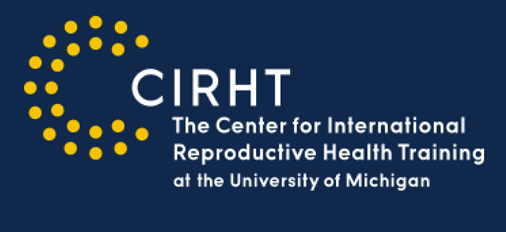Speakers
Description
Background
Ethiopia’s youth, comprising 34.7% of its 135 million population, face significant barriers to sexual and reproductive health (SRH) services, with utilization rates ranging from only 16.9 – 26.7%. These challenges are mainly due to stigma, cultural taboos, and limited youth-friendly care, contributing to high rates of teenage pregnancy and sexually transmitted infections. Digital health interventions, which leverage the widespread use of mobile phones and social media, offer a promising avenue for delivering accurate, confidential, and youth-centered SRH information and services at scale. This study evaluates the performance, reach and relevance of a digital SRH platform in Ethiopia during March 2025. The platform provides free, anonymous SRH guidance through social media and messaging apps, combining educational content with consultations to address stigma, misinformation, and access barriers. Findings aim to inform SRH policy, strengthen pre-service training, and support the delivery of adolescent-responsive clinical care in Sub-Saharan Africa.
Methods
A retrospective mixed-methods design assesses the platform’s effectiveness. Quantitative data from analytics across TikTok, Instagram and Facebook were used to measure user reach and engagement (e.g., page visits, likes). Qualitative thematic analysis of user consultations identified prevalent SRH issues, misconceptions, emotional tones, and stigmas coded inductively with inter-rater reliability ensured (kappa > 0.8). Emerging themes were categorized. A purposive subsample of users with misconceptions underwent phone-based interviews to explore underlying drivers using a semi-structured questionnaire. Quantitative data were analyzed using descriptive statistics, including frequency distributions and proportions. Ethical approval was obtained from a local Institutional Review Board.
Results
In March 2025, the platform garnered over 946,000 views, 29,707 user interactions, and 2,383 net followers. The majority of the engagement came from TikTok, accounting for 83.8% of views, 68.2% of user interactions, and 91.4% of net followers. Among the 217 consultations held, users commonly asked about pregnancy, contraception, and STIs, often expressing worry, curiosity, or desperation. Nearly 40% revealed misconceptions and 11% reflected stigma. Follow-up surveys (N=40) showed limited prior SRH education, high trust in the platform, and strong preference for its anonymity. Almost all users (98%) reported high satisfaction and taking informed action post-consultation. Findings confirm the platform’s effectiveness in providing accessible, confidential SRH support and addressing key barriers for Ethiopian youth.
Conclusion
The study provides evidence on the effectiveness of the platform's confidential digital solutions in addressing youth SRH barriers and enhancing access. These findings can be used to help support national SRH policies, pre-service curricula, and scalable innovations across Sub-Saharan Africa.


